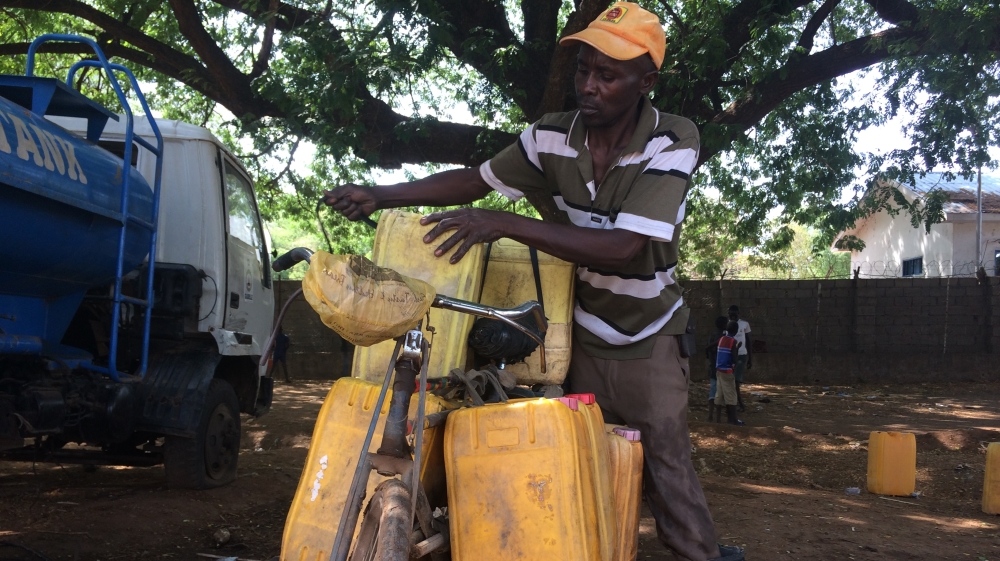OP-ED | Tackling water scarcity in agriculture: progress towards a concerted response through the WASAG partnership, By Ruhiza Boroto
According to the Global Risks Report of the Word Economic Forum 2018, water crises are among the five crises that will have the largest impact in the next decade. There are currently 4 billion people living under conditions of severe water scarcity for at least one month per year.

Water scarcity, exacerbated by climate change, represents a serious risk to poverty reduction and development, with impacts on the environment, human health, food security, economic activity and natural resources. Of all economic sectors, agriculture is expected to suffer the greatest impact of water scarcity since it accounts for approximately 70 percent of global fresh water withdrawals.
In addition, global trends in dietary changes, including greater consumption of cereals and meat, combined with pressures of population growth, will significantly increase water demand.
It was in response to this challenge that the director general of FAO launched the Global Framework for Water Scarcity in Agriculture (WASAG) was launched during The United Nations Framework Convention on Climate Change’s COP 22 in Marrakech, Morocco. WASAG was subsequently formally established as a Partnership in April 2017 when its partners adopted the “Rome Statement on Water Scarcity in Agriculture”.
Its partners include governments, intergovernmental agencies, international organizations, research institutions, academia, advocacy groups and professional/membership organizations. To date, WASAG has 60 partners from across the world with, so far, only four partners from Africa (the African Union, the Governments of Morocco and Tunisia as well as the Harare, Zimbabwe-based Southern Africa Research Development Centre).
WASAG working areas include water and migration, drought preparedness, financing mechanisms, water and nutrition, sustainable agriculture water use and saline agriculture.
In addition to the different endorsements that WASAG has received from various international fora, the latest being the United Nations Convention to Combat Desertification’s COP13 in Ordos, China in September 2017, a landmark milestone was reached when during the last session of the Committee of Agriculture (COAG) of October 2018. On October 4 2018, COAG supported WASAG as a key coordination mechanism to adapt to the effects of water scarcity in agriculture in a changing climate, in a sustainable and inclusive manner.
COAG also requested FAO to provide technical and policy assistance to countries, including innovative approaches to enhance their involvement in WASAG activities. There is indeed an urgent need to upscale emerging new technologies, promote partnerships and identify new funding opportunities, to support countries to adapt to water scarcity in agriculture in a changing climate.
To this end, WASAG is hosting its first international forum on water scarcity in agriculture which will be held in Praia, Cape Verde, from 19 to 22 March 2019, to coincide with the celebrations of the World Water Day 2019 under the theme ‘No one is left behind’’.
This forum targets Small Island States as well as the countries of the Economic Community of West African States (ECOWAS) with the aim to demonstrate how water scarcity in agriculture can be turned into an opportunity for food security and nutrition and for sustainable development. More details on the forum is available at
Ruhiza Boroto, Senior Land and Water Officer and WASAG Team Leader, Land and Water Division, FAO. More information on WASAG is available at http://www.fao.org/land-water/overview/wasag/en/ and for information about the forum on water scarcity visit http://www.fao.org/land-water/events/events-detail/en/c/1171696/











